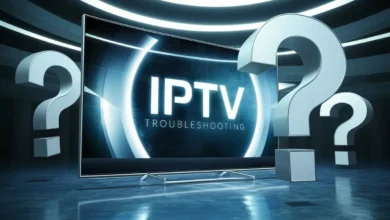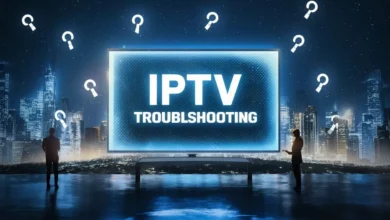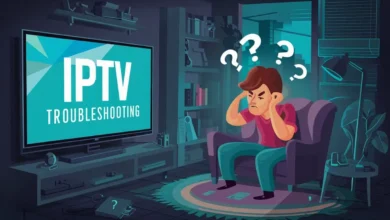IPTV and the VPN Question: A Deep Dive into Privacy and Security
IPTV, or Internet Protocol Television, has revolutionized the way we consume entertainment. Offering a vast array of channels and on-demand content, it’s no surprise that IPTV’s popularity has soared. However, with its rise, questions about privacy and security have come to the forefront. One common question that arises is: Do you need a VPN for IPTV?
In this comprehensive guide, we’ll delve into the world of IPTV and VPNs, exploring the benefits of using a VPN for IPTV, factors to consider when choosing one, and steps to set it up. So, whether you’re a seasoned IPTV user or just starting, buckle up as we navigate the intricacies of VPNs for IPTV.
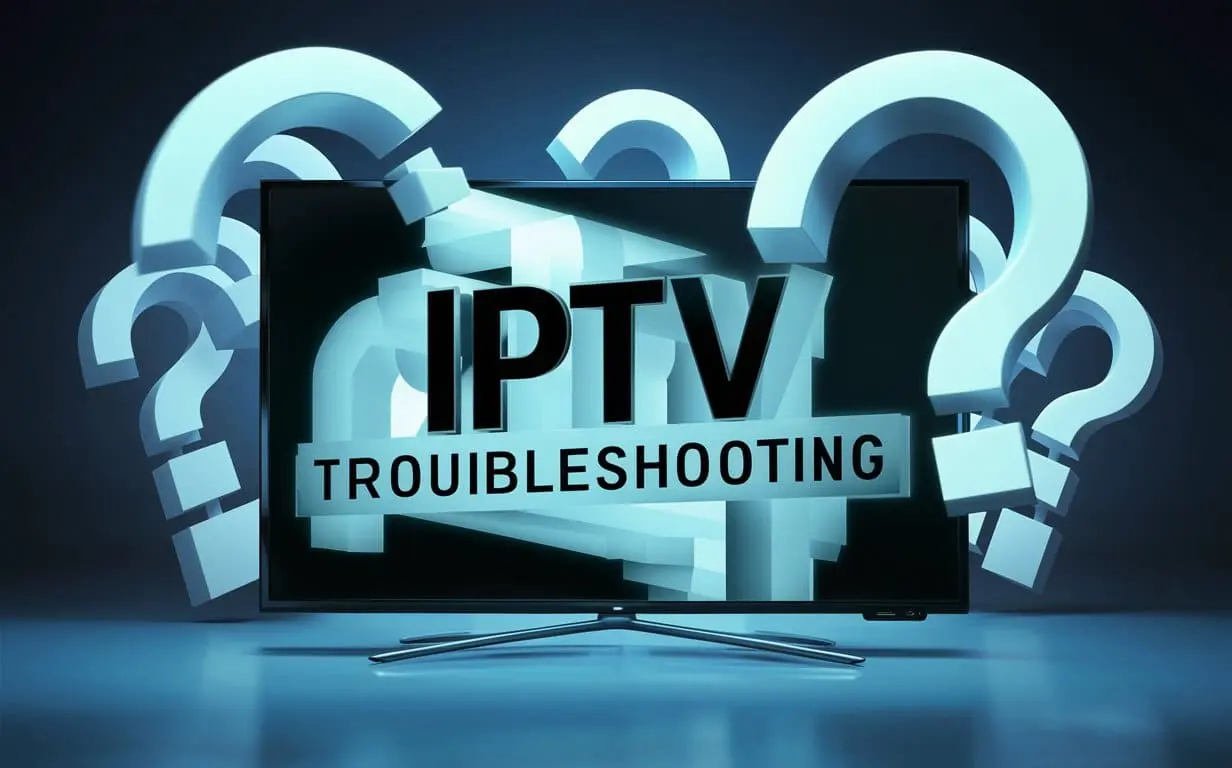
Benefits of Using a VPN for IPTV
A Virtual Private Network (VPN) acts as a secure tunnel for your internet traffic, encrypting your data and masking your IP address. This offers several advantages for IPTV users:
1. Enhanced Privacy:
Your ISP and other third parties can track your online activities, including your IPTV viewing habits. A VPN hides your IP address and encrypts your data, making it difficult for anyone to monitor what you’re watching. To learn more about IPTV tracking and its implications, check out our article on IPTV Tracking.
2. Bypassing Geo-Restrictions:
Some IPTV services may restrict access to certain content based on your location. A VPN allows you to connect to servers in different countries, effectively bypassing these geo-restrictions and unlocking a wider range of channels and programs.
3. Improved Security:
Public Wi-Fi networks are often insecure, leaving your data vulnerable to hackers. A VPN encrypts your internet connection, protecting your sensitive information from prying eyes, especially when streaming IPTV on public Wi-Fi.
4. ISP Throttling Prevention:
Some ISPs throttle bandwidth for data-intensive activities like streaming, leading to buffering and lag. A VPN can mask your traffic, preventing your ISP from identifying and throttling your IPTV streams, ensuring a smooth viewing experience.
Choosing the Right VPN for IPTV
With a plethora of VPN providers available, selecting the right one for IPTV can be overwhelming. Here are some key factors to consider:
1. Server Locations:
Choose a VPN with servers in countries where your desired IPTV content is available. This will allow you to bypass geo-restrictions and access a wider range of channels.
2. Speed and Reliability:
Opt for a VPN known for its fast and reliable connections to ensure smooth streaming without buffering or lag. Look for providers with unlimited bandwidth and dedicated streaming servers.
3. Security and Privacy Features:
Prioritize VPNs with strong encryption protocols, a no-logs policy, and features like a kill switch, which automatically disconnects your internet if the VPN connection drops, preventing your data from being exposed.
4. Device Compatibility:
Ensure the VPN is compatible with the devices you use for IPTV streaming, whether it’s your smart TV, smartphone, laptop, or streaming device.
Setting Up a VPN for IPTV
Once you’ve chosen a VPN provider, setting it up for IPTV is relatively straightforward:
- Sign up for a VPN service and download the app on your device.
- Connect to a server in the desired location.
- Launch your IPTV app and start streaming.
Conclusion
While not strictly mandatory, using a VPN for IPTV offers numerous benefits, including enhanced privacy, security, and access to geo-restricted content. By carefully considering the factors mentioned above and choosing a reputable VPN provider, you can elevate your IPTV experience while safeguarding your online privacy and security.
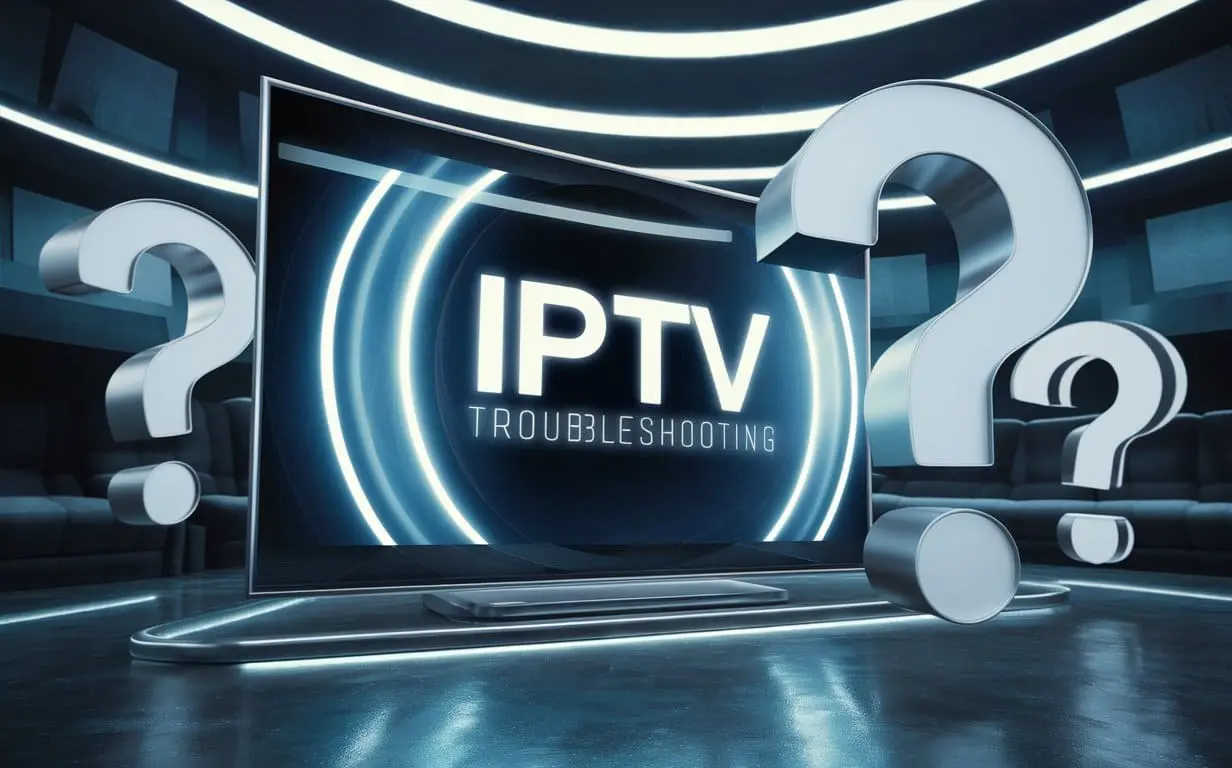
Frequently Asked Questions about VPNs for IPTV
Is it legal to use a VPN for IPTV?
Using a VPN is legal in most countries. However, accessing copyrighted content illegally through IPTV remains illegal regardless of VPN usage. Always ensure you have the proper rights and subscriptions for the content you access.
Can I use a free VPN for IPTV?
While free VPNs exist, they often come with limitations such as data caps, slower speeds, and fewer server options. For a reliable and secure IPTV experience, it’s recommended to invest in a reputable paid VPN service.
Will a VPN slow down my IPTV streaming?
A VPN may slightly reduce your internet speed due to the encryption process. However, choosing a VPN with fast servers and unlimited bandwidth can minimize any noticeable impact on streaming quality.
Can I share my VPN connection with other devices?
Most VPN providers allow simultaneous connections on multiple devices. This means you can protect your IPTV streaming on various devices with a single VPN subscription.

